Nephrology
Expert Kidney Care from Houston’s Leading Nephrologists
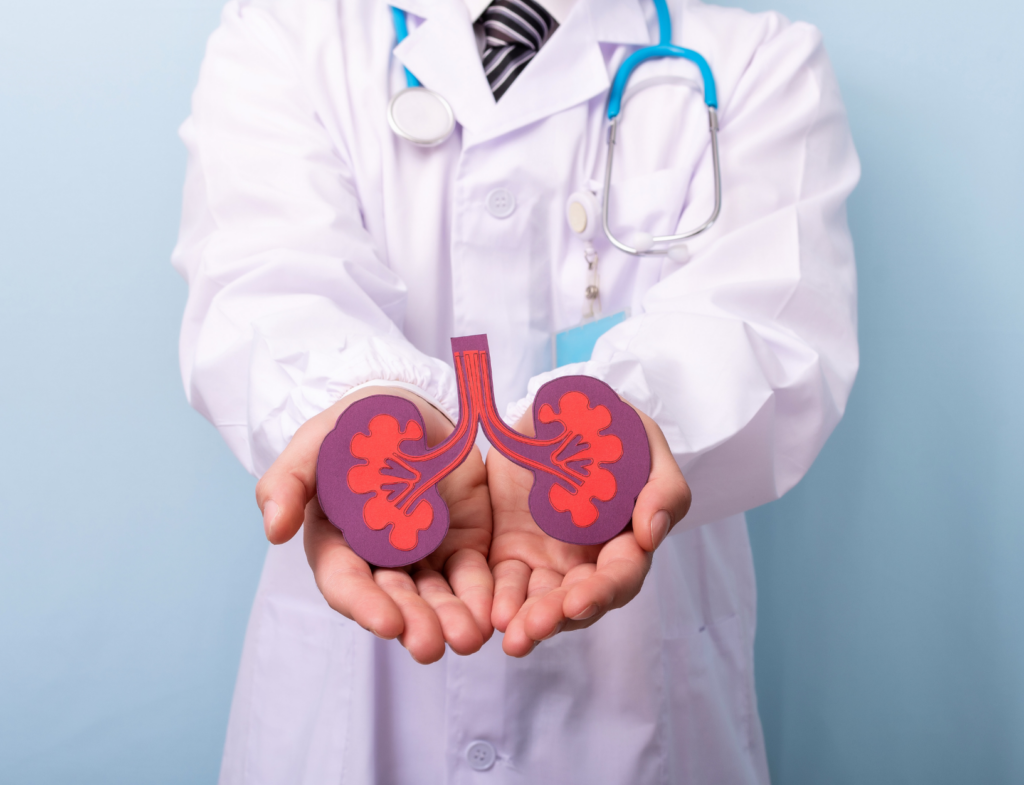
At Q Health Partners, our board-certified nephrologists provide advanced, patient-centered care for all types of kidney conditions. From early-stage chronic kidney disease (CKD) to dialysis support and kidney transplant coordination, we are committed to protecting your kidney health and improving your quality of life. Serving Houston and the surrounding communities, our kidney specialists combine cutting-edge treatments with compassionate, long-term care.
Why Choose Q Health Partners for Nephrology in Houston?
- Experienced team of board-certified nephrologists
- Personalized treatment plans tailored to your stage of kidney disease
- Collaborative care with primary doctors and endocrinologists
- Convenient Houston locations with same-week appointments
- Support with lifestyle changes, diet, and medication management
Conditions and Treatments
Onsite & Partnered Services
- Experienced team of board-certified nephrologists
- Personalized treatment plans tailored to your stage of kidney disease
- Collaborative care with primary doctors and endocrinologists
- Convenient Houston locations with same-week appointments
- Support with lifestyle changes, diet, and medication management
Routine Lab Monitoring
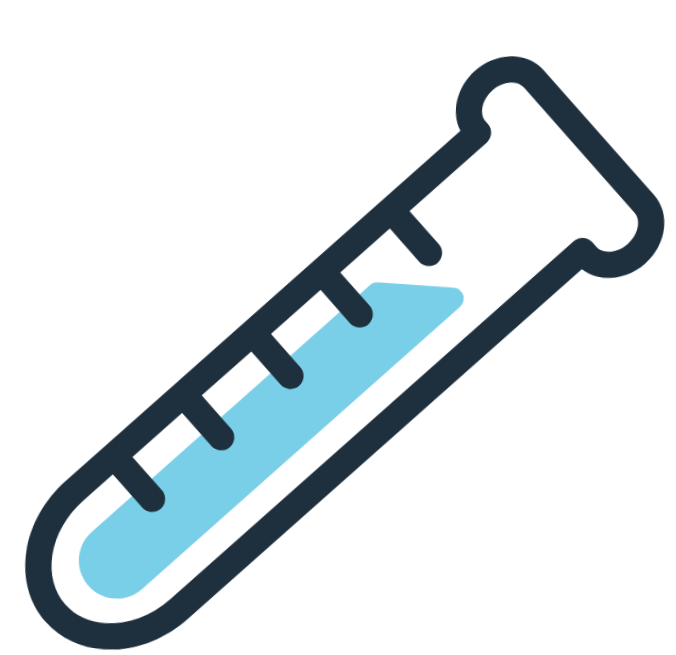
Blood Pressure Control
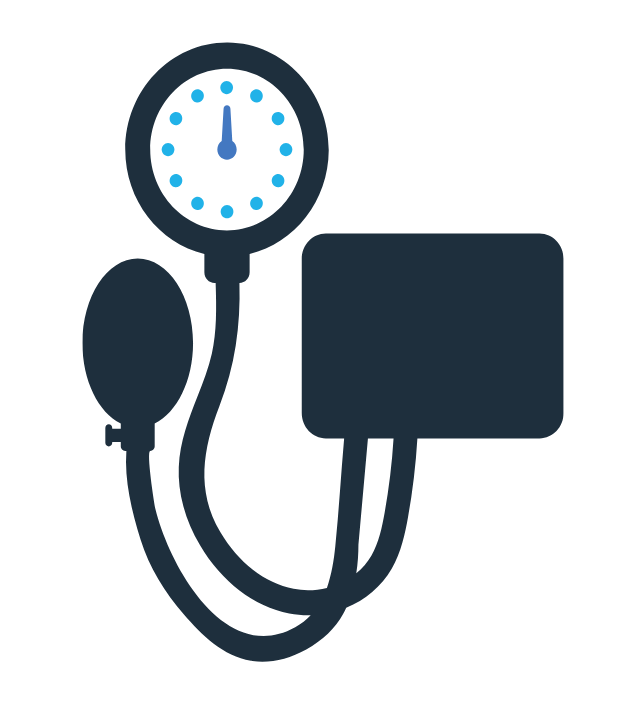
Dialysis Planning & Coordination
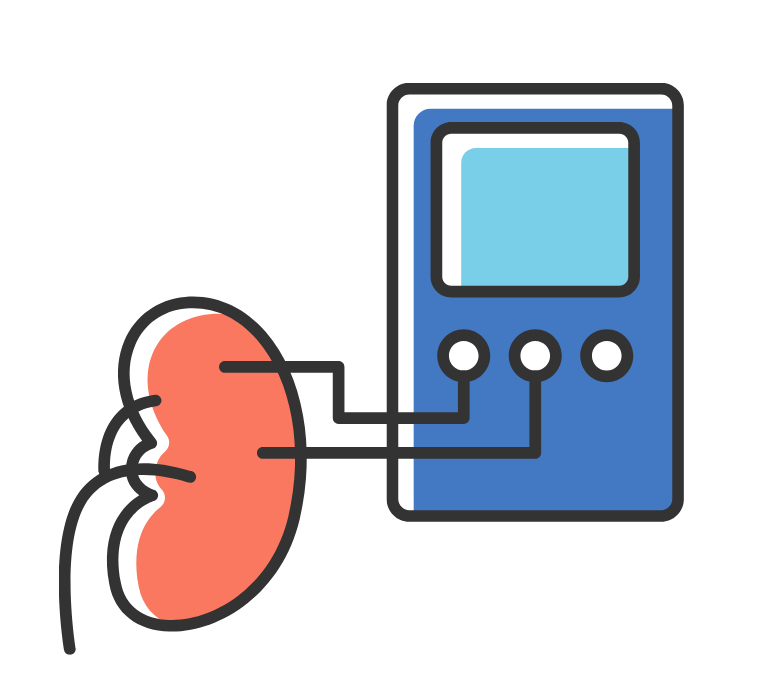
Nutritional Counseling & Education

CKD Progression Risk Assesment
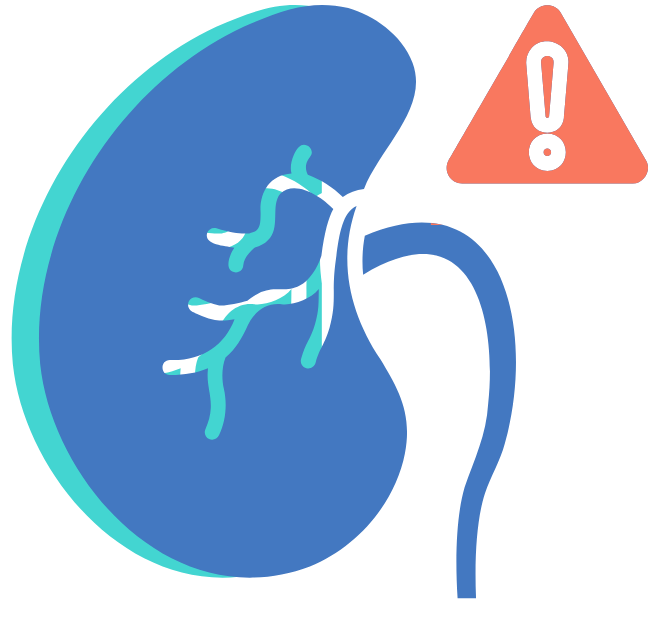
Referral for Transplant Evaluation
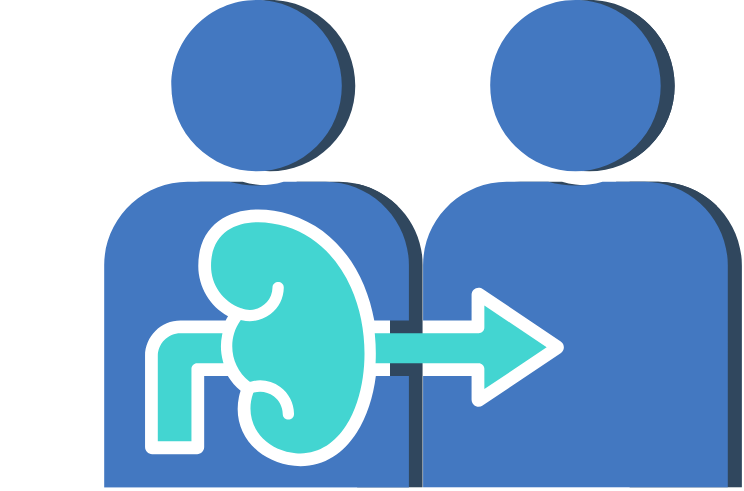
Visit a Nephrologist if You:
- Have high blood pressure or diabetes
- Notice swelling in your legs, feet, or face
- See blood or foam in your urine
- Have abnormal lab results related to your kidneys
Why Choose Us
- Multilingual care team
- Modern facilities across Houston
- Seamless coordination with primary and specialty care
- Personalized care plans backed by the latest clinical guidelines
Locations
Our nephrology services are available in multiple locations, including:
Almeda, Pasadena, Webster, Clear Lake, and Texas City.
Ready to See a Specialist?
Call us at (713) 520-6875 for Kidney Health Specialists or (713) 496-1077 or Book an Appointment
Early detection and expert management are key to preserving kidney function. If you’re experiencing signs of kidney disease or need ongoing renal care, book an appointment with a trusted nephrologist at Q Health Partners today.